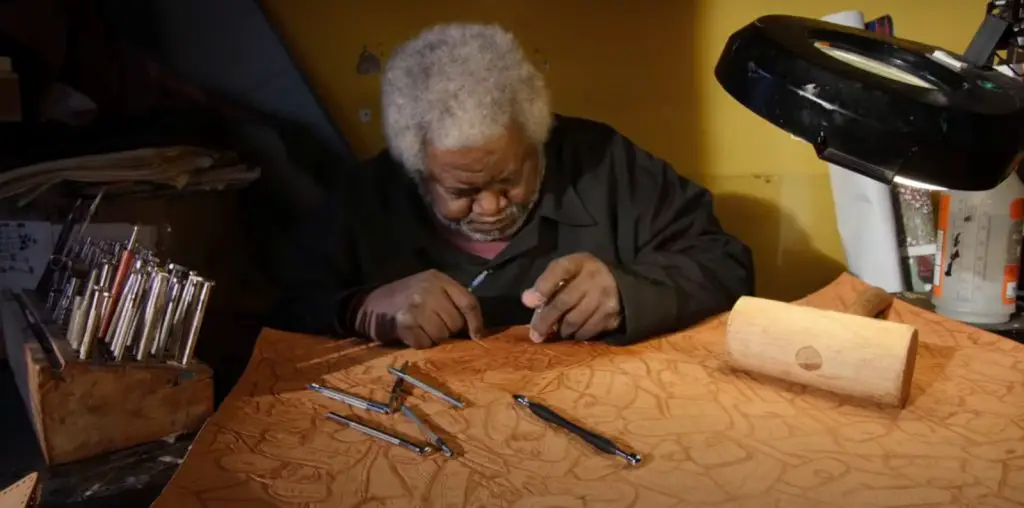
As you and I have come to experience, the lower working class are prisoners of their own circumstances. They work and work and never get ahead, and when they attempt to think outside the box, they hit a brick wall.
The same can be said for Alejandro, a well meaning and meek man who is ultimately a prisoner of his own financial situation. He works enough to get by, but when he becomes involved with middle class people, he finds that he’s ultimately nothing more but a working class man who may never be able to break free from his life.
Told he’s getting older by a doctor who prescribes him with glasses, he decides silently that he has to cash in before it’s too late, but how his actions affect him may not be up to him in the end. For all intents and purposes “The Magic Gloves” is not a perfect film, but it is an insightful glance at a man who has no way out.
He’s a symbol for the average man working to get by and never breaking even. The harder he works, the deeper he finds himself at the mercy of people he hardly knows. Alejandro is ultimately at the mercy of his life, and he can do nothing to get out of it. The magic gloves are a microcosm for the instant investment that’s worth money, but never makes any, while his old car he uses for wages, a recurring symbol, is the worthy investment unwisely discarded and never to be claimed again.
While the film suffers from a forced absurdity meant to invoke comedy and laughs along with a sluggish pacing, Rejtman captures the grim monotony of life well, painting Argentina as a grim claustrophobic and somewhat despondent environment where our character has no place to escape except for night clubs where he dances the night away, and then goes back to the trappings of home and work to get by searching for a way to make ends meet, and unable to escape.
